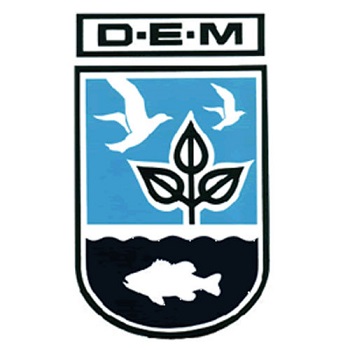PROVIDENCE – The R.I. Department of Environmental Management is accepting grant applications for the growth, development and marketing of local food and seafood in Rhode Island, the department announced Thursday.
The department expects to allocate between $160,000 and $240,000 in the upcoming grant round. The grants, which will be funded under the state’s Local Agriculture & Seafood Act grant program, do not require a direct match from applicants. In the most recent round of grants, the department awarded $95,949 in LASSA grants to 12 organizations, DEM said.
Applications are due by May 30. More information on the program may be found online.
Applicants must be located in Rhode Island. Eligible groups include for-profit farmers, fisherman/women, producer groups and nonprofit organizations. The department noted that only small or beginning farmers, producer groups of small or beginning farmers, and aquaculture operators are eligible to apply for the capital grants.
“LASA continues to be an important catalyst in growing a wide range of food and agricultural businesses across our state, and we encourage farmers, fishers and food businesses to apply for these grants to help start or expand their operations in Rhode Island,” said DEM Director Janet Coit.
The department said that priorities for the program this year include:
- Projects that support the entry, growth and sustainability of small or beginning agriculture and aquaculture producers and fishers.
- Supporting farmers and fishers that are Black, Indigenous and people of color.
- Fostering new cooperatives, partnerships and collaborations among Rhode Island producers and producer-supporting organizations.
- Supporting capacity building for new products or new sales channels and assisting farmers and fishers adapt to new methods of selling to customers.
- Diversifying market channels and developing more farm processing capacity.
- Protecting the future availability of agricultural land for producers, including farm transition planning and implementation.
- Assisting with farm food safety improvements, including the development of hazard analysis critical control point plans, food safety plans and compliance with the Food Safety Modernization Act.
- Fostering and building capacity for markets that connect local farms and fishers with Rhode Island’s food-insecure communities.











